Jenning v. Rundall & Leslie (R) Ltd. v. Sheill – Case Summary
Introduction
These cases reaffirm the protection granted to minors in contract law, emphasizing that minors cannot be held liable for breach of contract and that a contractual claim cannot be converted into a tort claim to impose liability on minors.
Jenning v. Rundall (1799)
Facts
- A minor hired a mare for a short ride but overrode and injured it.
- The plaintiff sued under contract law, but the contract was unenforceable due to the minor’s incapacity.
- The plaintiff then attempted to sue under tort law for the damage caused.
Judgment
- The court held that a claim founded on a contract cannot be turned into a tort claim to bypass the rule protecting minors.
- Lord Kenyon emphasized that English law wisely protects minors from contractual liability.
Leslie (R) Ltd. v. Sheill (1914)
Facts
- A minor fraudulently misrepresented his age to obtain a loan.
- Since contracts with minors are void, the lender could not sue under contract law.
- The lender then sued under tort law for deceit.
Judgment
- The King’s Bench ruled that a minor cannot be sued in tort for deceit if the effect would be to indirectly enforce an unenforceable contract.
- The court held that only actual money or property still in possession of the minor could be recovered under restitution.
Legal Principles Established
- Minors are protected from contractual liability – Contracts with minors are void ab initio.
- Contractual liability cannot be converted into tort liability – Plaintiffs cannot sue in tort to recover damages from a minor for a contract-based claim.
- Restitution is limited – If the minor no longer possesses the benefit, the plaintiff cannot recover it.
Comparison of the Two Cases
| Aspect | Jenning v. Rundall (1799) | Leslie (R) Ltd. v. Sheill (1914) |
|---|---|---|
| Nature of the Case | Minor caused property damage and was sued for negligence. | Minor fraudulently misrepresented age to obtain a loan. |
| Plaintiff’s Argument | Converted a contract claim into a tort claim. | Sued in tort for deceit to recover money. |
| Court’s Ruling | Minors cannot be sued in tort for contract-related claims. | Minors cannot be sued for deceit if it enforces an unenforceable contract. |
| Key Principle | Protects minors from indirect contractual liability through tort claims. | Only restitution for actual property or money still possessed is allowed. |
Conclusion
- Both cases reaffirm that minors are legally protected from contract enforcement.
- Court rulings prevent plaintiffs from using tort claims to bypass contract law protections for minors.
- Restitution is only allowed when the minor still possesses the benefit, not as general compensation.
Share
Related Post
Tags
Archive
Popular & Recent Post


Online Poll
Do whales live in the ocean?











































































































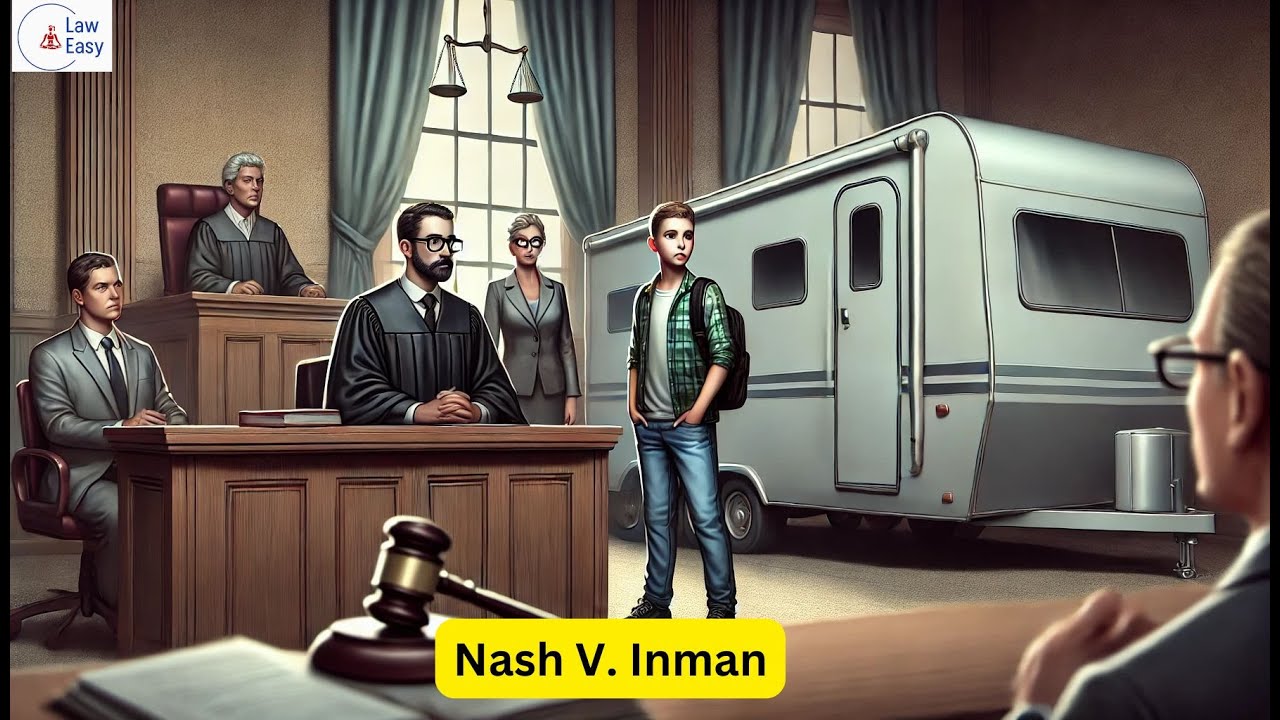
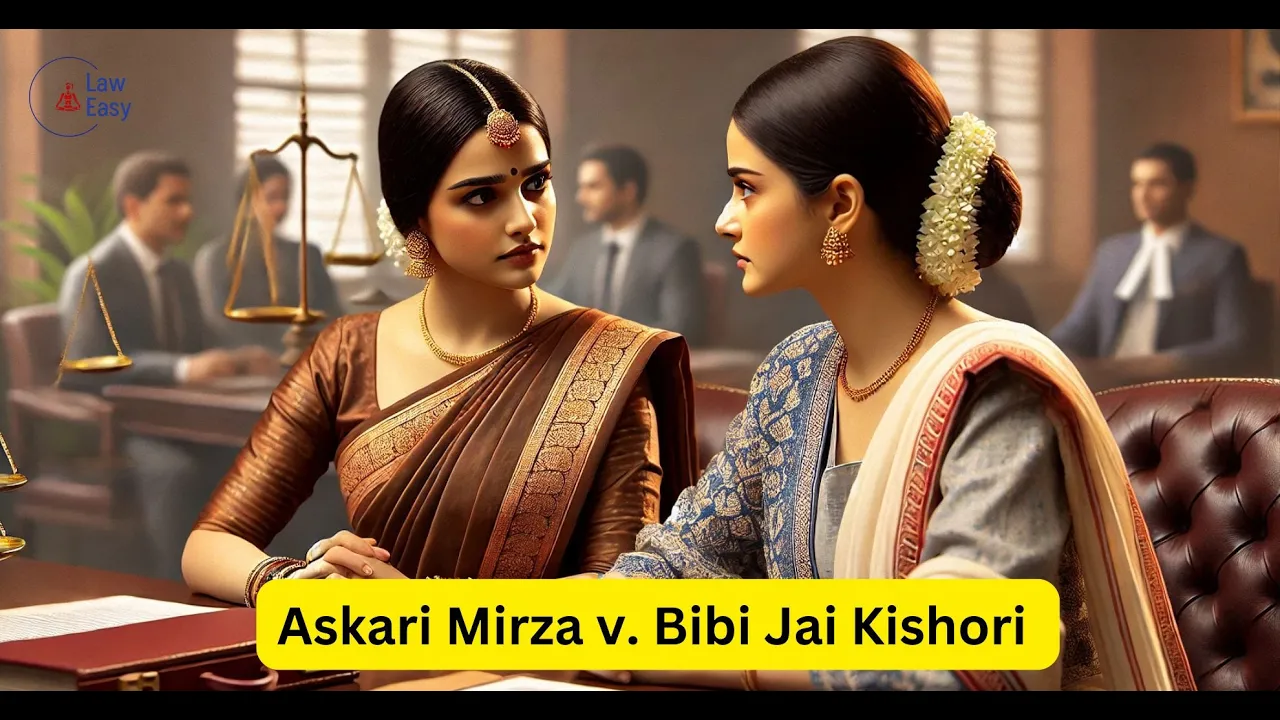
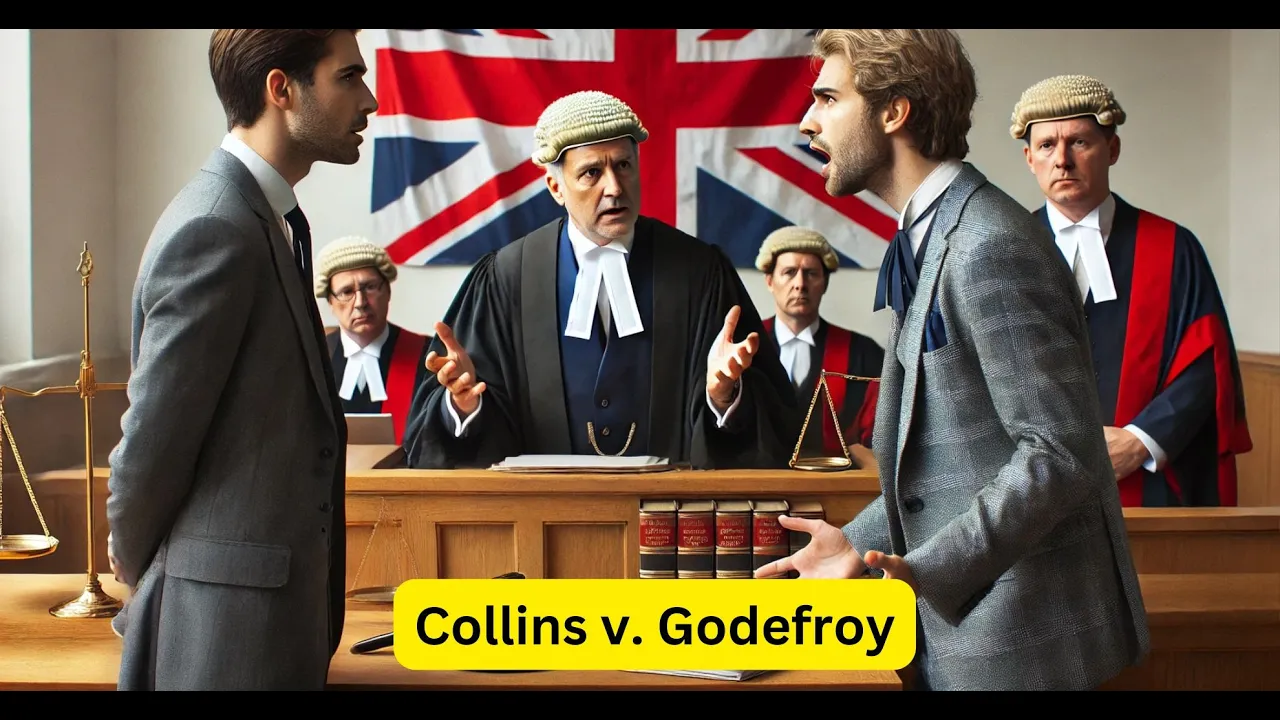
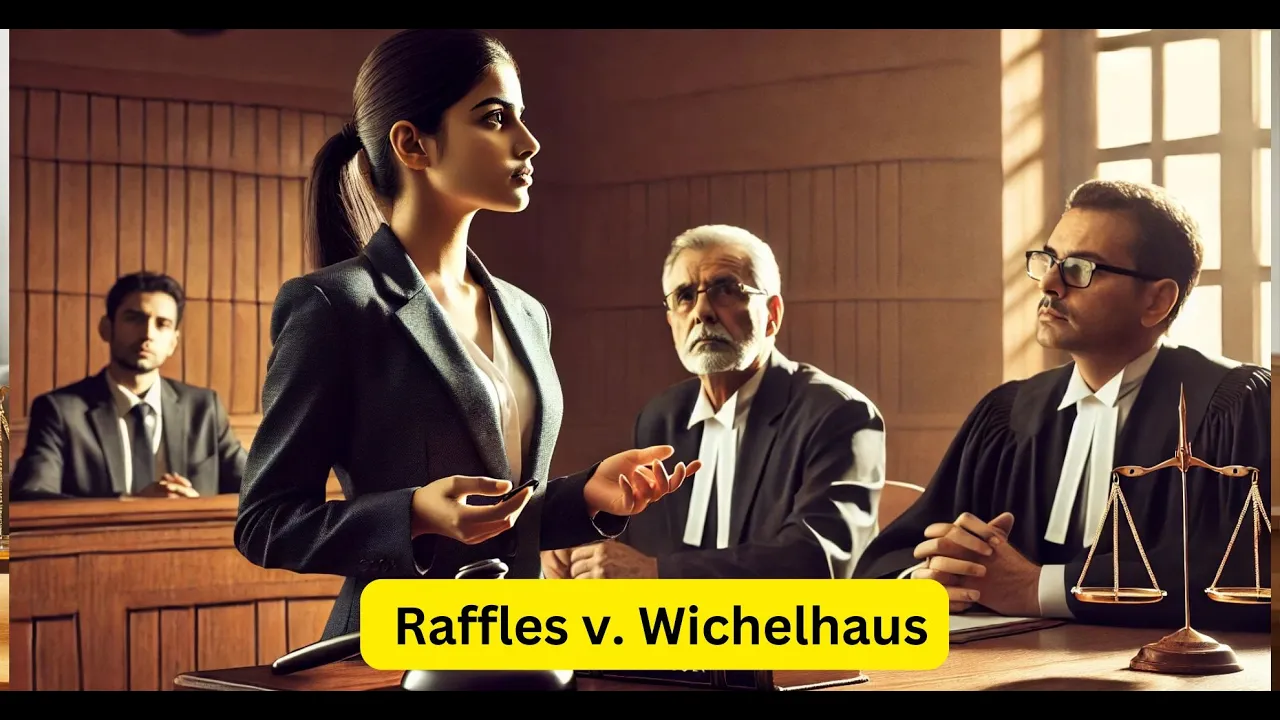
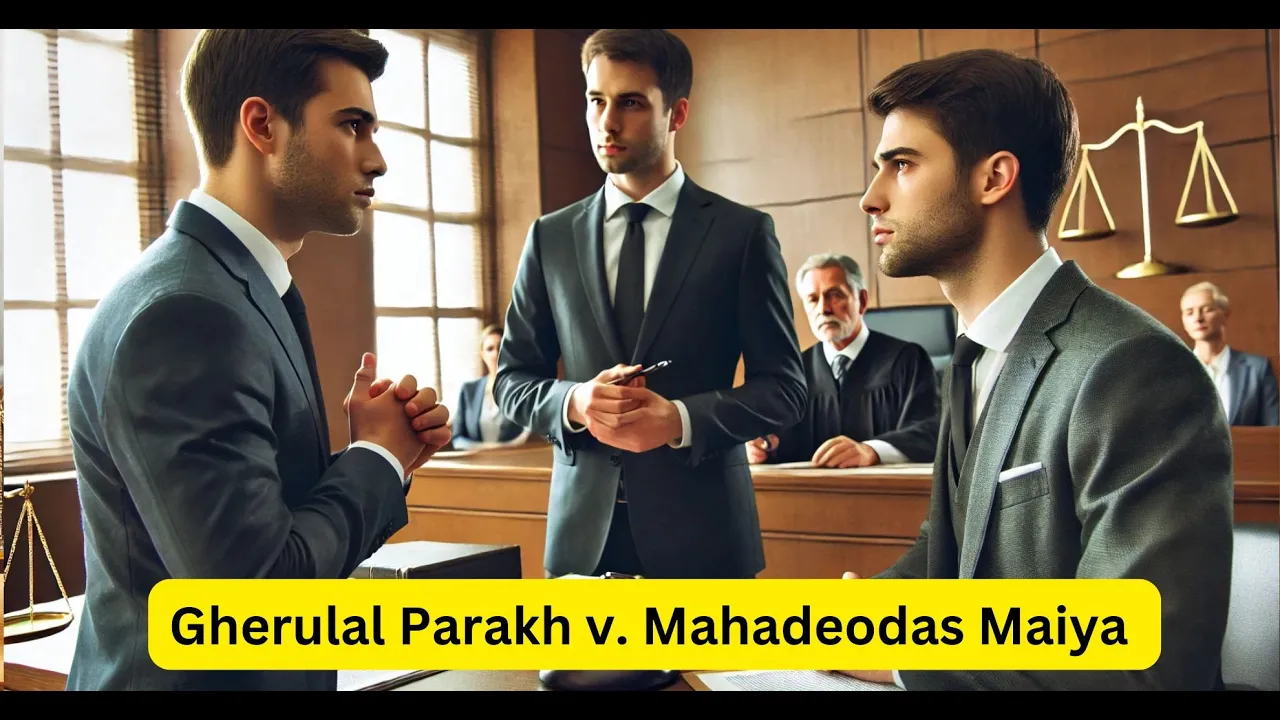
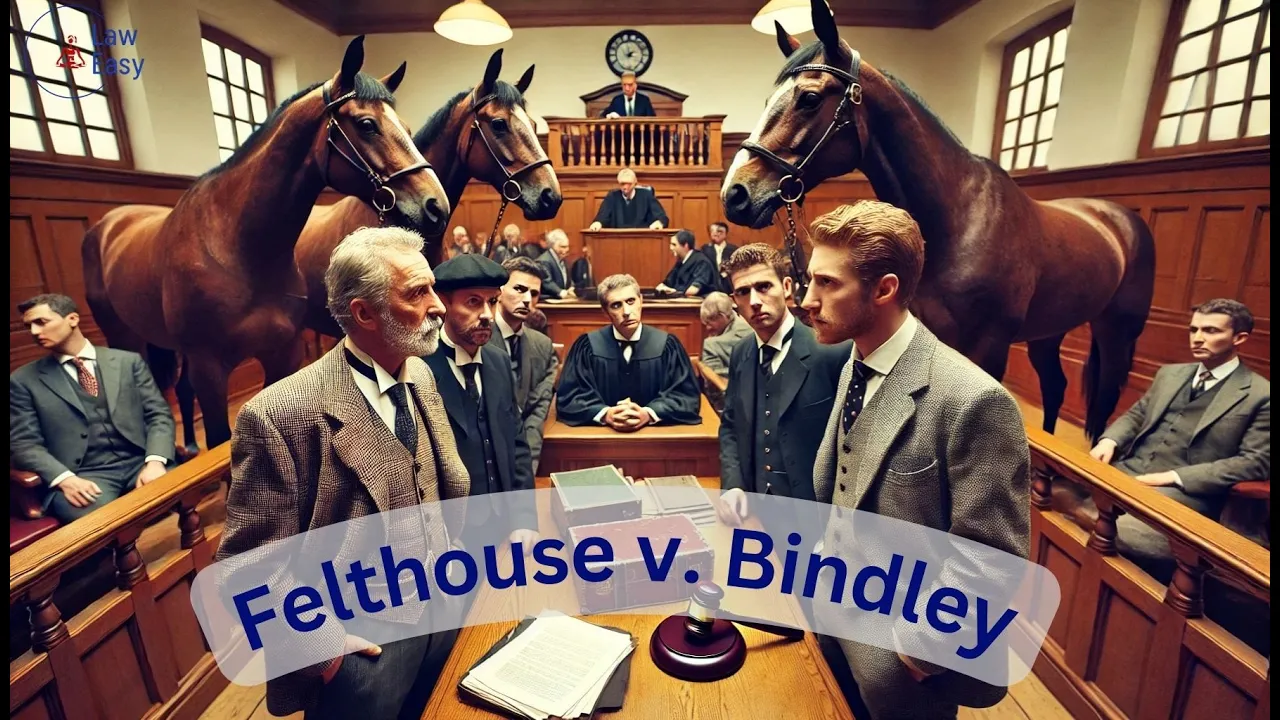
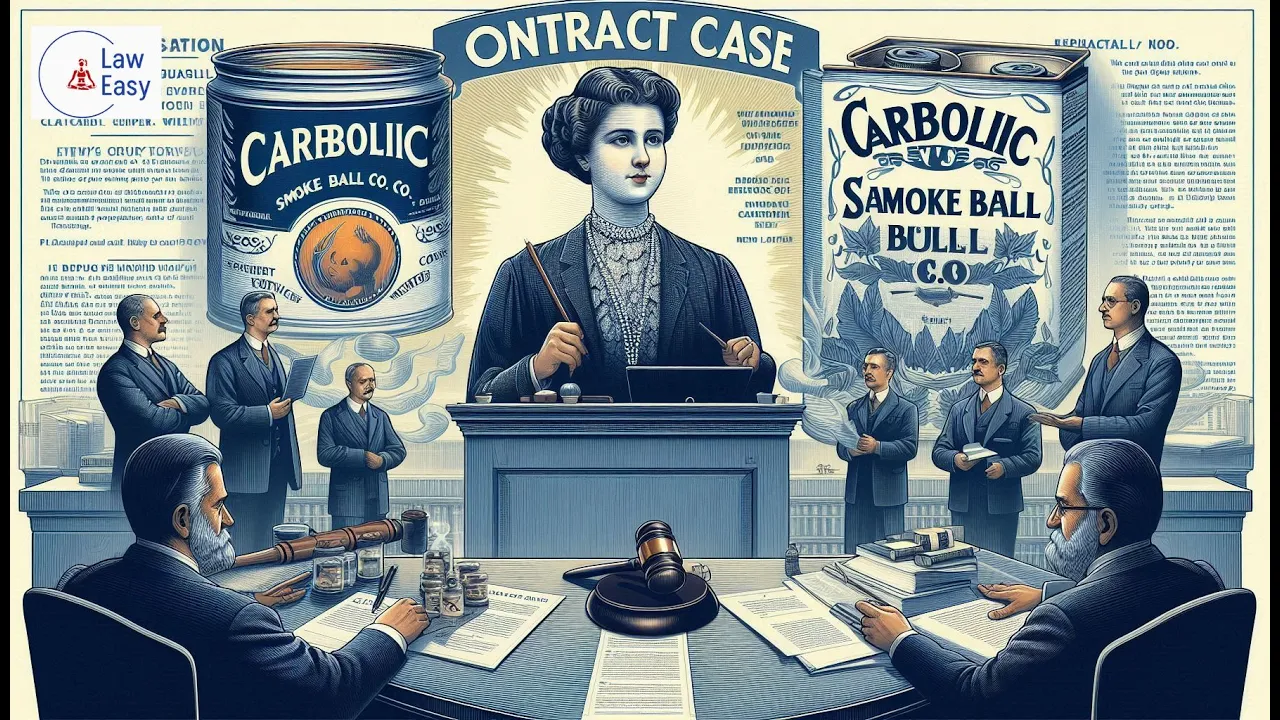
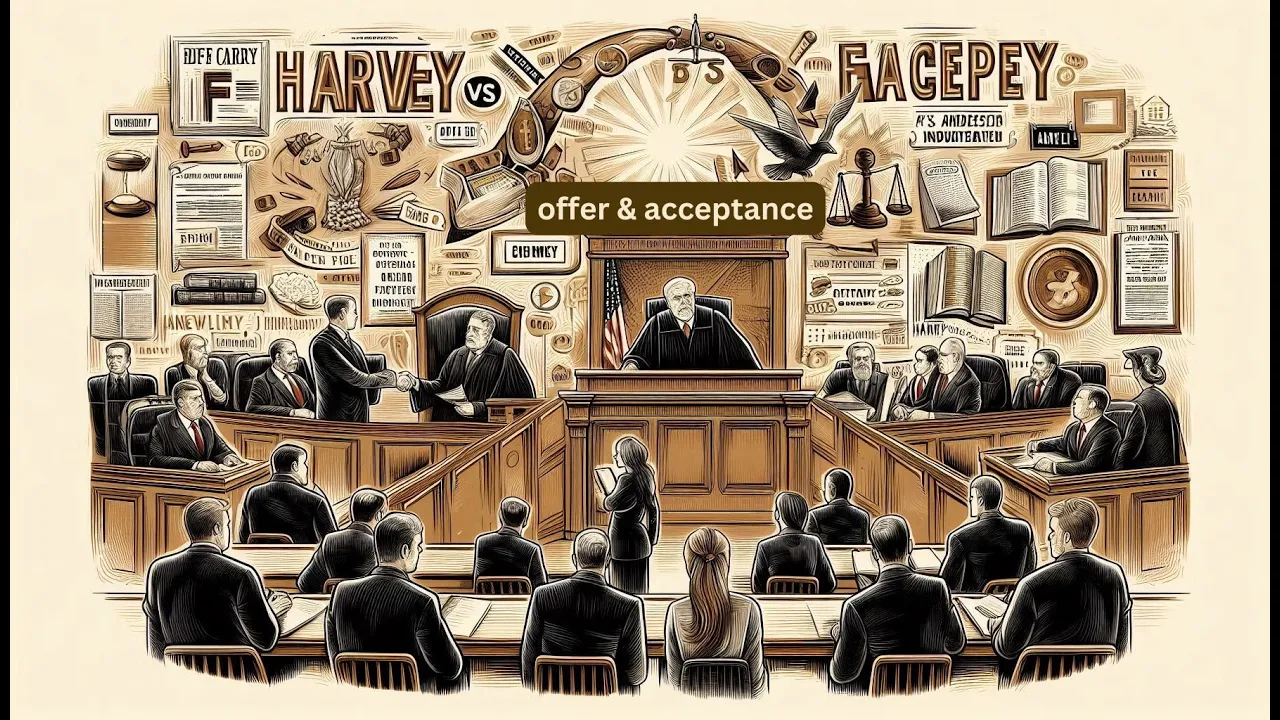




































































































Comment
Nothing for now